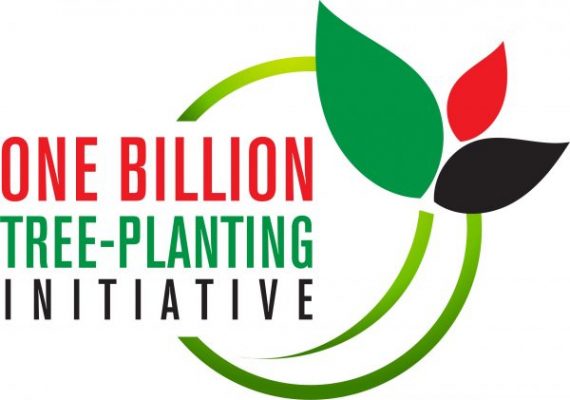TRSDC Recognised as Real Estate Industry Leader in Sustainability Assessment
Press Release

November 10, 2021, 7:05 am
The Red Sea Development Company (TRSDC), the developer behind the world’s most ambitious regenerative tourism project, has achieved an overall score of 91 out of 100 in this year’s ESG-assessment and benchmark exercise by Global Real Estate Sustainability Benchmark (GRESB) – exceeding the score of 84 it accomplished last year.
As a result of achieving high scores across the board, GRESB has awarded TRSDC with the prestigious Regional Sector Leader award – an achievement that honors companies that have out-performed their sector.
“Last year we set the bar very high, with a score that we were extremely proud to achieve. Not only have we exceeded our 2020 results, but to be recognised as a Regional Sector Leader is a true testament to our bold ambitions and steadfast commitment to sustainable development,” said John Pagano, CEO of TRSDC.
“This award should give our investors and partners, and future guests, confidence that we are leading the way towards a more responsible approach to real-estate development.”
This year’s assessment sees TRSDC become a five-star rated entity, gaining a star since 2020. This places TRSDC in the top 20% of organisations taking part in this year’s assessment. GRESB awarded the enhanced rating in recognition of TRSDC’s strong environmental governance structure and continued commitment to integrating environmental protection and regeneration across the development.
The developer was also awarded a prestigious Green Star once again for achieving a score higher than 50% in both the Management and Development components of the evaluation.
GRESB assessments are guided by the UN’s Sustainable Development Goals, Paris Climate Agreement, and International Reporting Framework. Its mission is to assess and benchmark the Environmental, Social and Governance (ESG) performance of real assets, providing standardised and validated data to the capital markets.
TRSDC either met or exceeded both the GRESB Average and Benchmark Average scores in all three ESG sub-groups: Environment (49/51), Social (22/26) and Governance (21/24). Within these groups, TRSDC scored full marks (100/100) for Water Use, Waste Management, Reporting and ESG Requirements.
Raed Albasseet, Head of Corporate Environment and Sustainability at TRSDC, said: “In-depth assessments from credible third-party assessors like GRESB are essential as the destination moves from design and planning through to construction and delivery. These critical evaluations hold us to account at every step and ensure we are meeting our ambitious environmental commitments.
“Becoming a five-star rated entity is particularly important to us because it recognizes that we are paving the way for sustainable tourism in Saudi Arabia. By pioneering a new approach to regenerative tourism, our hope is that our work will set an example for the rest of the world to follow.”
In October, Saudi Arabia announced ambitious goals such as net zero emissions by 2060 and will also join the Global Methane Pledge to contribute to cutting global methane emissions by 30% by 2030, as part of its commitment to deliver a cleaner, greener future.
Degradation is one of the major issues under focus in the Kingdom. By achieving the goal of planting 10 billion trees under the Saudi Green Initiative, 50 million hectares of Saudi Arabia will be rehabilitated and redeveloped. The Kingdom will plant 1 percent of the global tree plantation target and TRSDC is a major contributor to this, with 25 million plants and trees set to be grown in the onsite landscape nursery, the largest in the region and fully operational since early 2020.
The Red Sea Project will welcome its first guests by the end of 2022. The first phase of the development, completing in 2023, includes 16 luxury hotels offering 3,000 keys across five islands and two inland locations. It will also include entertainment facilities, an airport, and the necessary supporting logistics and utilities infrastructure.
Upon completion in 2030, The Red Sea Project will comprise 50 hotels, offering up to 8,000 hotel rooms and around 1,300 residential properties across 22 islands and six inland sites.










